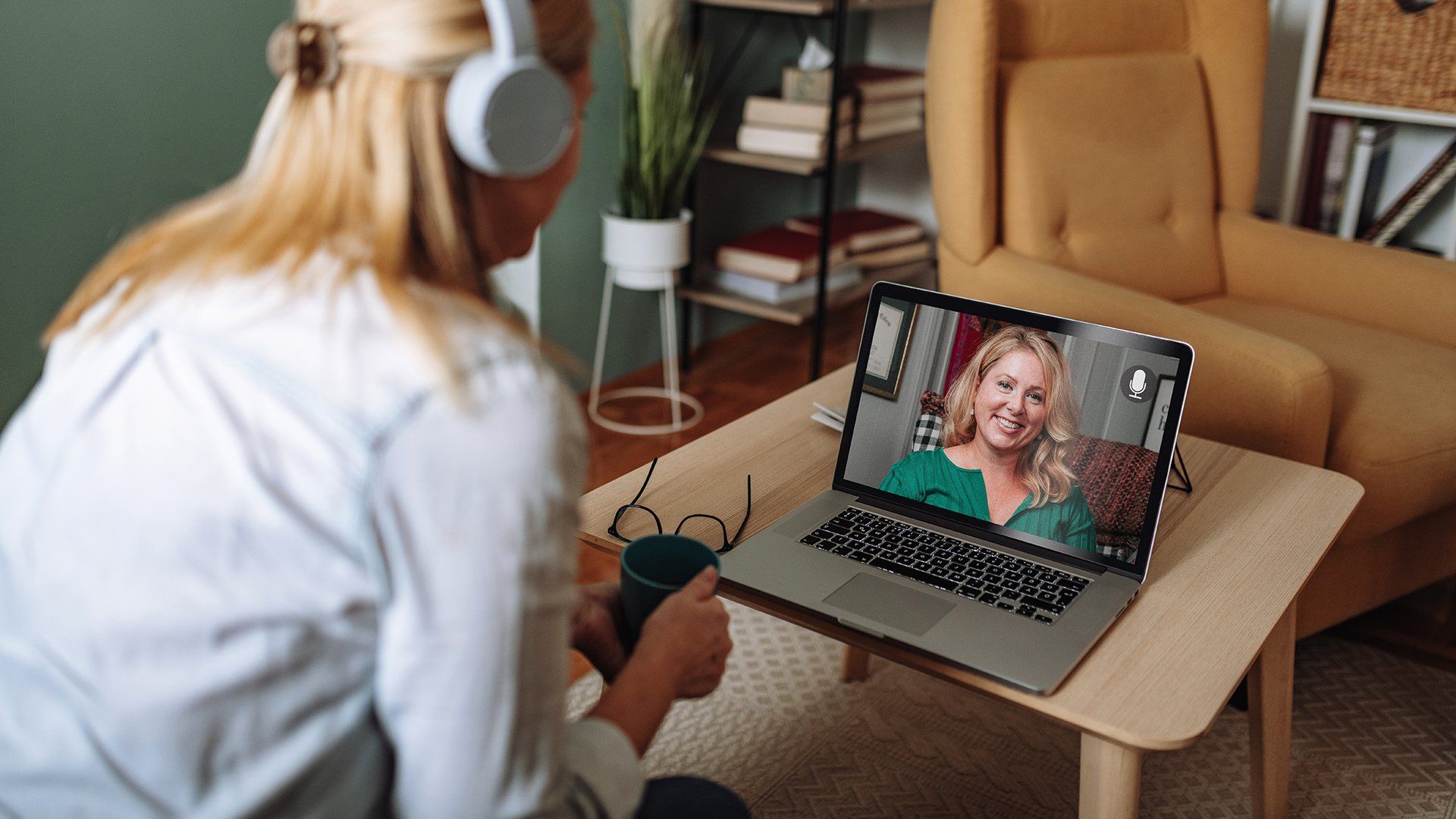Managing the Holidays in 2020
Ohhh… the Holiday season is upon us, with many of us scratching our heads in wonder of what it will look and feel like this year, due to the ongoing COVID-19 pandemic. Many are stressed, saddened, and frustrated. For others, experiencing challenges during the Holiday season is nothing new. Our annual traditions may not occur, or be greatly adjusted for the first time this year. For others, experiencing challenges during the Holiday season is nothing new.
I invite you to accept your feelings (which may or may not be merry and bright this year) and consider healthy ways of coping and connecting.
Zoom calls and Facetime are a way to safely connect to loved ones during socially distanced Holidays. Although you may not be in the same space, how about connecting through technology to tell funny or heartwarming stories, share recipes/prepare food, and eat together? Could it be meaningful to go around the room expressing gratitude to those who are present and/or on Facetime?
In the days of technology including emails and texts, acquiring holiday correspondence in the mail, from family or friends in the form of a store bought or hand made card can be quite a endearing surprise.
Showing your gratitude for a person or family through artistic creativity, is a unique expression and a way to let others know you are thinking of them. If the thought of writing or stating your gratitude out loud to others leads to uncomfortable feelings, how about expressing it in a gratitude journal which you may choose or not choose to share with others? Gratitude for some may be challenging, especially in the midst of difficulty; however intentional gratitude can be a game changer when the expressed regularly.
The practice of gratitude has been shown to be impactful in enhancing relationships, increasing feel good chemicals in the brain, and in improving overall mood.
The Holiday season presents opportunities to collect food or toys to those who are need and requires you to “get up out of yourself” in the spirit of serving others. Volunteering, donating, and other acts of service to others, has been shown to improve mood and help manage life’s challenges. Consider what is safely available and would fill your heart.
"Shifting in our Holiday experiences and expectations are both part of the Holiday season this year. Keeping realistic expectations of self and others is important each year, but imperative in the times of a pandemic such as now. Staying present in the moment while connecting safely in the presence of others may be the key to a fulfilling Holiday season this and every year."
Share


